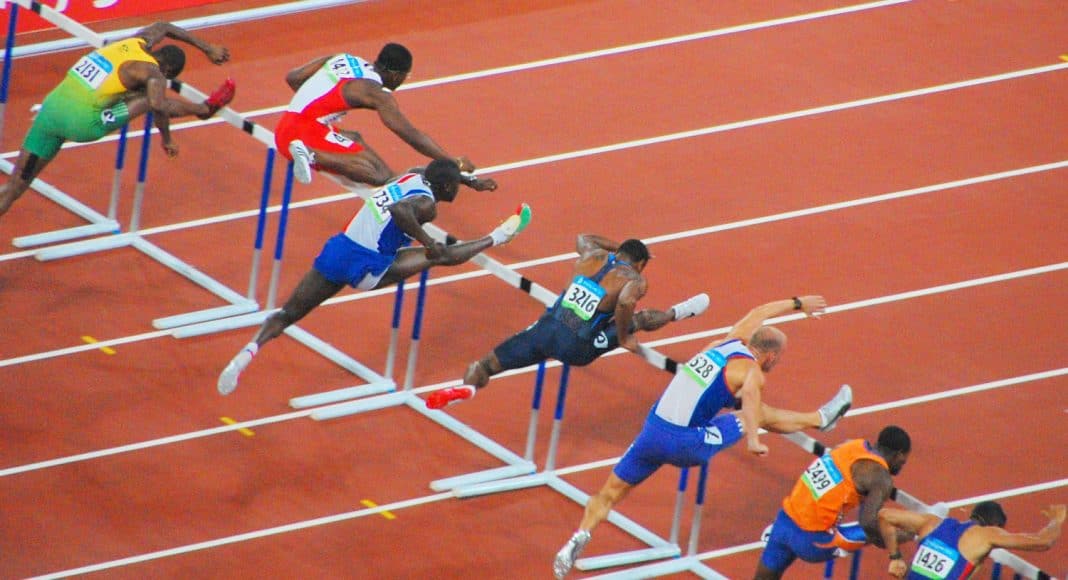If you’re an Olympian and you’ve spent the vast majority of your early adulthood intensely training for an obscure sport that’s only appreciated on a mass scale every four years, you’ve certainly earned the right to catch the responsible buzz of your choice. But when would athletes be able to do so without risking a suspension? (Legal issues are another matter, of course.)
The short answer is: anytime they’re not competing at the Olympics. The World Anti-Doping Agency, which oversees drug testing for Olympic athletes, considers cannabinoids to be a prohibited substance, meaning they’re prohibited in-competition only.
To hit or exceed the 150 ng/ml limit, the athlete would have to be a “pretty dedicated cannabis consumer.”
In 2013, the WADA raised the threshold for a positive test to 150 nanogram of THC per millileter, from 15 ng/ml. To hit or exceed the 150 ng/ml limit, the athlete would have to be a “pretty dedicated cannabis consumer,” as Allen St. Pierre, executive director of the National Organization for the Reform of Marijuana Laws (NORML), told USA Today.
Ben Nichols, a spokesperson for WADA, said that the athletes were only forbidden from using cannabis during competition. “The new threshold level is an attempt to ensure that in-competition use is detected and not use during the days and weeks before competition,” he told USA Today.
Before the increased threshold, athletes were also at slight risk of testing positive from second-hand smoke, which is what Canadian snowboarder Ross Rebagliati claims he fell victim to when he failed a drug test after winning gold at the 1998 Olympics.
And if athletes were hoping to blow off steam by having a few beers or cocktails after their event, they better reconsider: Alcohol is also considered an prohibited substance by the WADA, and is forbidden during competition.


